To solve the world’s most pressing challenges, there is a need to bring in all bright minds irrespective of gender. According to a policy brief by UNESCO, The Representation of Women in Academia and Higher Education Positions, globally women outnumber men being tertiary education students but it has been found that in higher education institutions as the academic ranks progress, a decline in women representation occurs and very limited number of women reach senior and leadership positions. The subsequent step in education and career is dependent on the Gender Parity Index which is being assessed at all levels. Women representation is above that of men at Bachelors and Masters Level but it declines at the PhD level. Accessing senior leadership positions in academia requires PhD and hence it is the measurable explanation of why there is low women representation of women in academic positions globally.
FHTS is contributing to this issue by giving employment opportunities to more females irrespective of their limitations and constraints and providing them a platform wherein they can contribute equally to various public health challenges, progress in their career pathways and simultaneously take up their caregiving and family responsibilities without compromising either. In addition, FHTS has helped four female team members to pursue their PhD and become more competent and fully equipped to contribute effectively and efficiently to the world of academia. All female participation of FHTS team members in various research projects is also a contribution for enhancing the representation of women in research.
FHTS Contribution – 90 % women in team

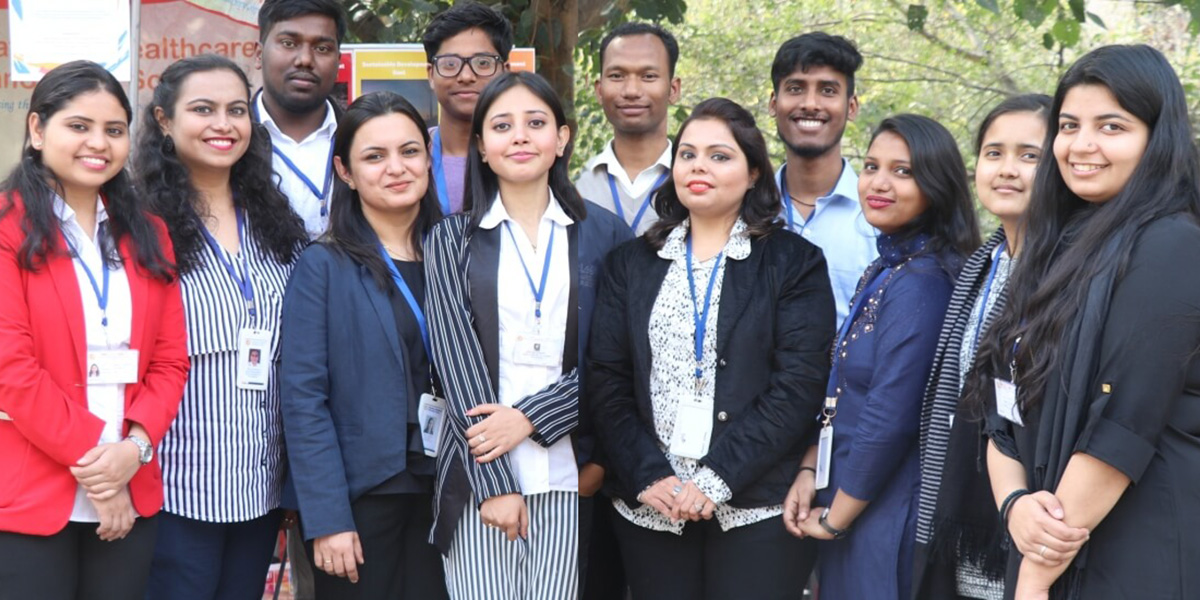

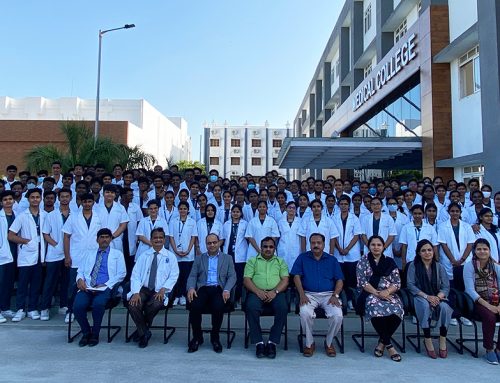


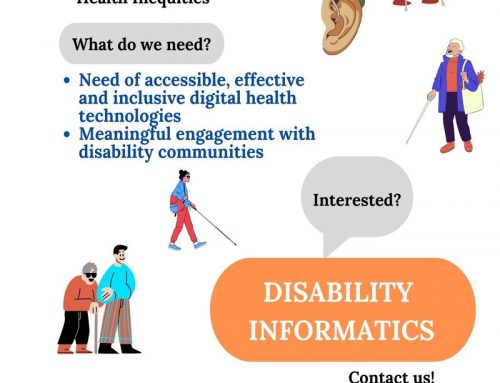
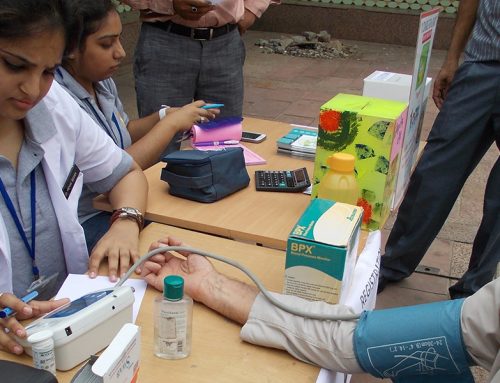
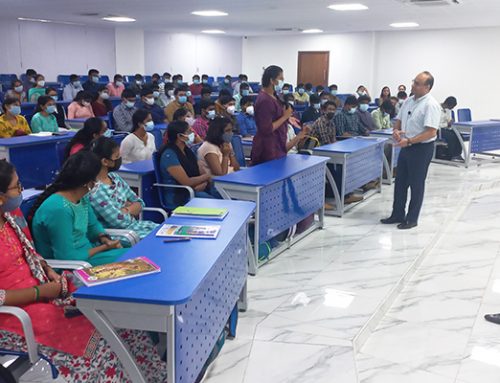
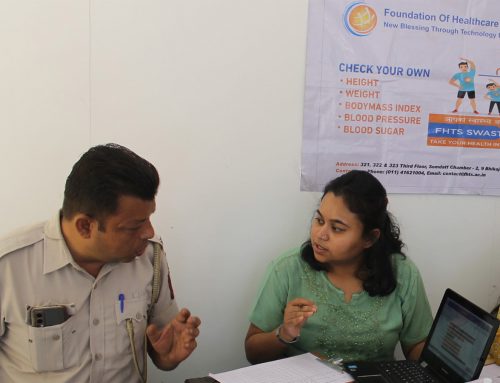
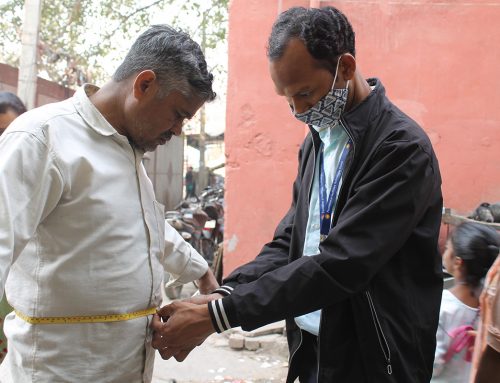
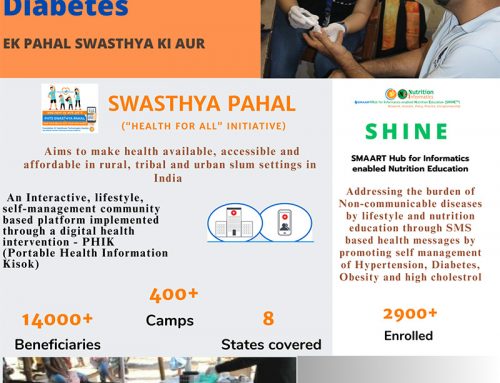
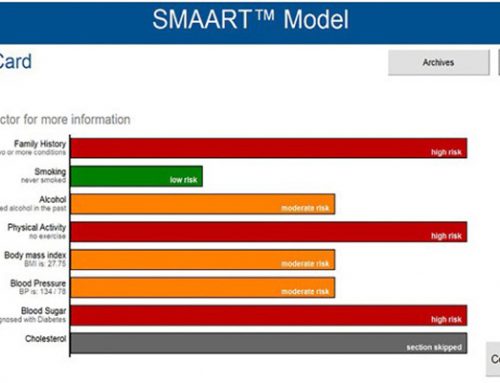
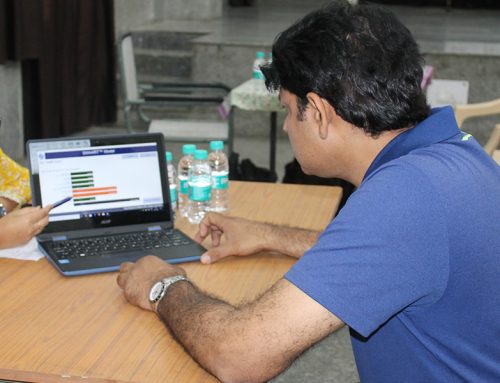
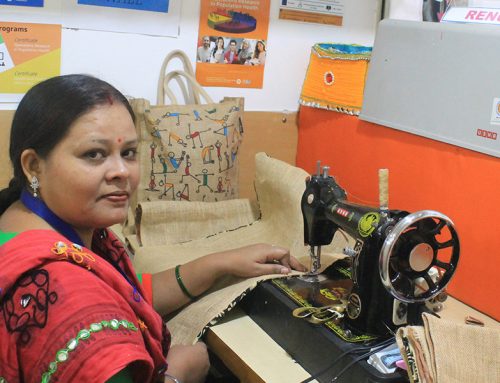
Leave A Comment